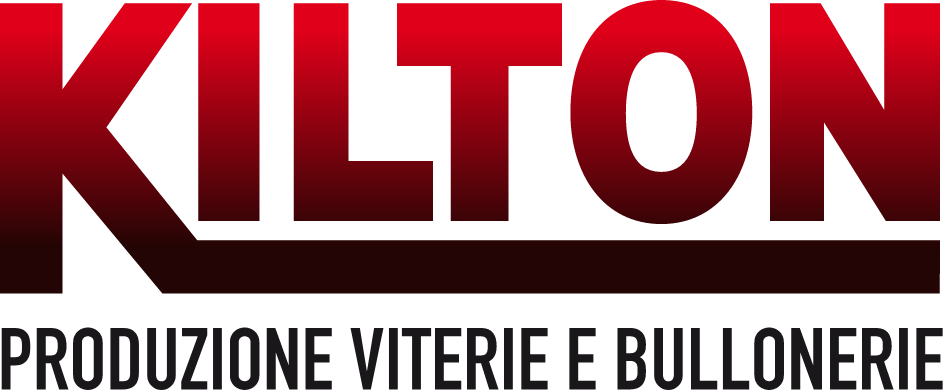In August, Kilton updated its product descriptions, which are available both on the website and in sales offers sent to customers.
This initiative was born out of a desire to offer greater clarity and precision at a time when the fastener market is characterised by a high level of regulatory confusion.
ISO, UNI, DIN and EN standards in fasteners
The UNI, DIN, EN and ISO standards governing fasteners are a fundamental reference point to ensure quality, safety and compatibility in production processes.
Although in many cases the technical parameters coincide or are very similar, even small differences between one standard and another can affect the performance of components, especially in automated or high-precision systems
In this context, the knowledge and conscious adoption of standards is not only a technical necessity, but a real opportunity to optimise purchases, avoid errors and ensure production continuity.
This is why Kilton encourages all customers to contact their technical department and/or to carefully check up-to-date specifications in addition to evaluating each delivery according to the applicable regulations, especially when transitioning to newer standards.
Below is an overview of the most relevant standards in the fastener industry.

UNI Standard
The UNI standard is the Italian reference for standardisation in the industrial, commercial and service sectors that aims to enhance the characteristics of the Italian production system by transforming them into standards recognised at European and international level.
DIN standards – Deutsches Institut für Normung
DIN standards, which originated in Germany, have provided approximately 30,000 standards to the industrial sector. However, at present, many of these standards are gradually being replaced by ISO or EN standards as part of a process of international harmonisation.
ISO standards – International Organisation for Standardization
ISO is an independent organisation based in Switzerland, active since 1947, and today represents the international standard for fasteners.
With over 20,000 published standards, ISO standards aim to facilitate international trade, remove barriers and ensure product quality and safety.
EN Standards – European Standards
ENs are the standards of the European Committee for Standardisation (CEN). Each EN standard must be transposed by member countries and adopted without modification. In the event of updates, previous national versions (such as UNI or DIN) must be withdrawn. EN standards are particularly important for companies operating in the single European market, as they guarantee regulatory uniformity and technical conformity.
Kilton’s tips for safe ordering
In order to avoid mistakes and ensure production continuity, Kilton recommends:
- compare product data sheets → don’t just read the code: check dimensions, materials, strength classes and tolerances. Even small differences between standards can lead to incompatibilities
- make sure that the fastener fits perfectly into your automatic systems. Even 0.05 mm can make a difference on robotic or high-precision machines.
- when in doubt between UNI, DIN, ISO or EN, contact the Kilton experts. We will help you compare standards, interpret the sheets and find the safest and most up-to-date solution for your project.
In This will help you optimise the procurement phase and minimise the risks of dimensional discrepancies.
Would you like to learn more about fastener standards
and stay up-to-date with industry news?


